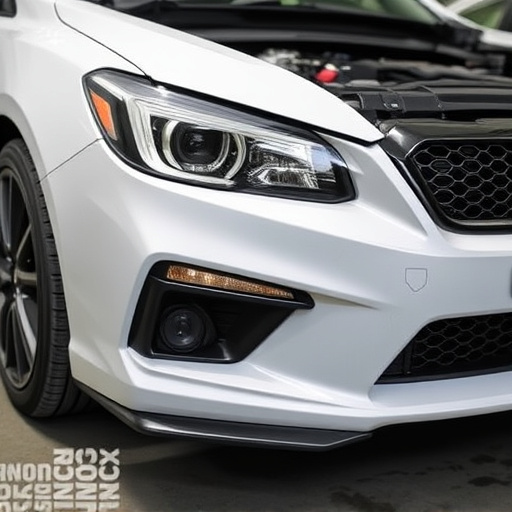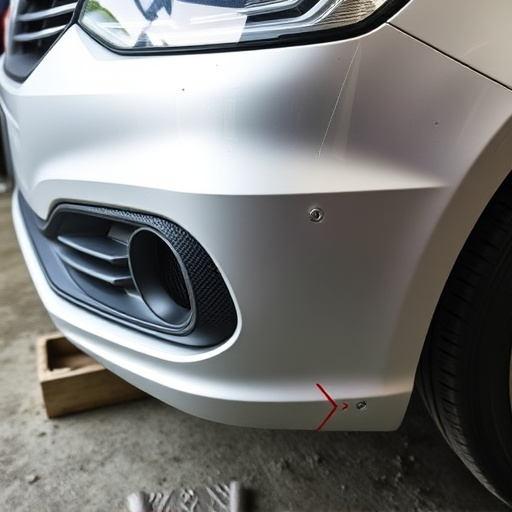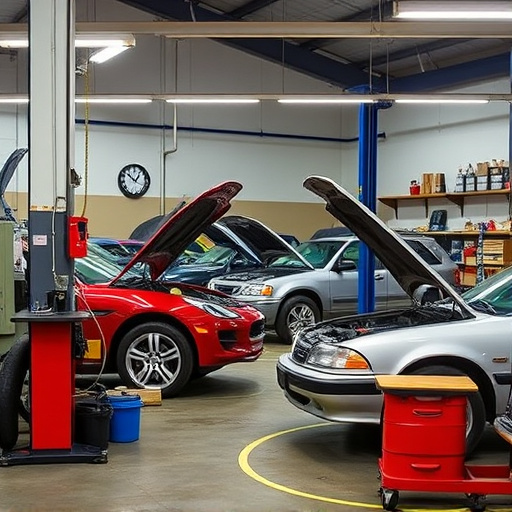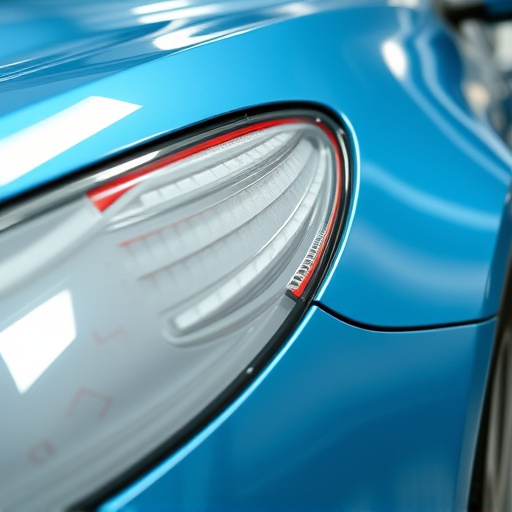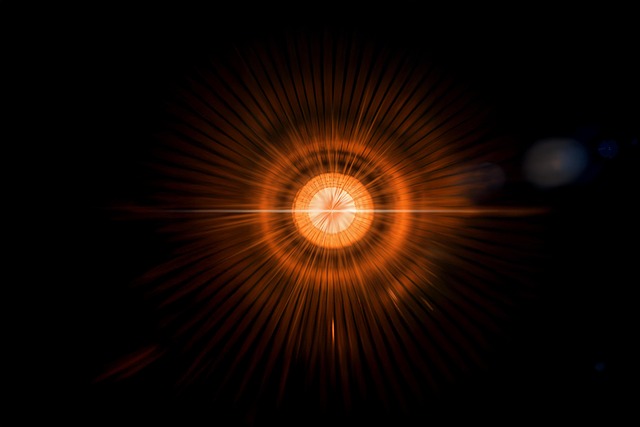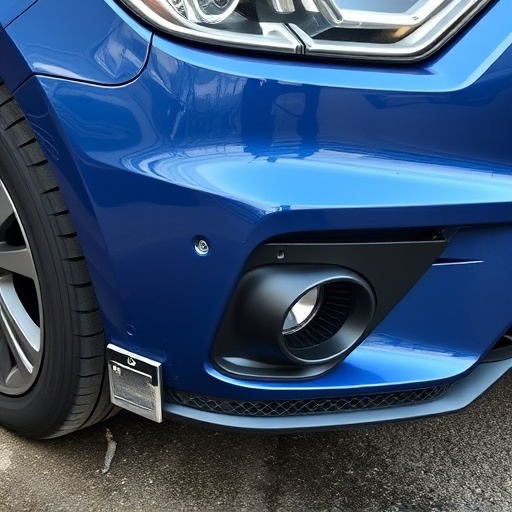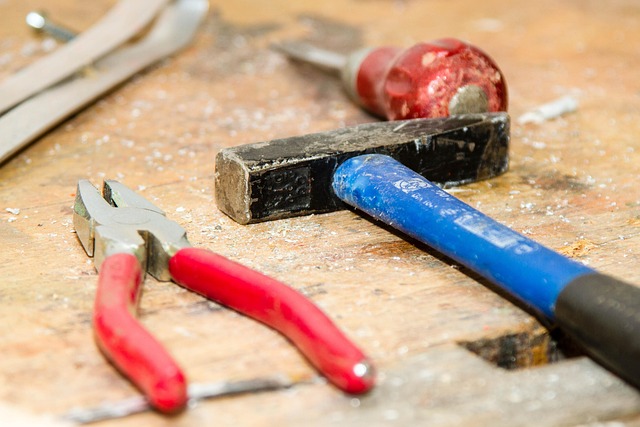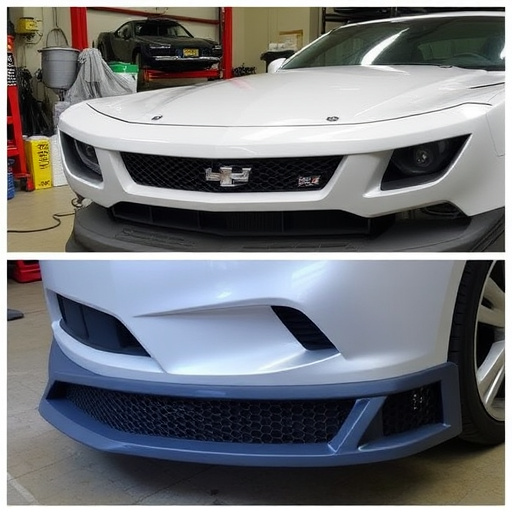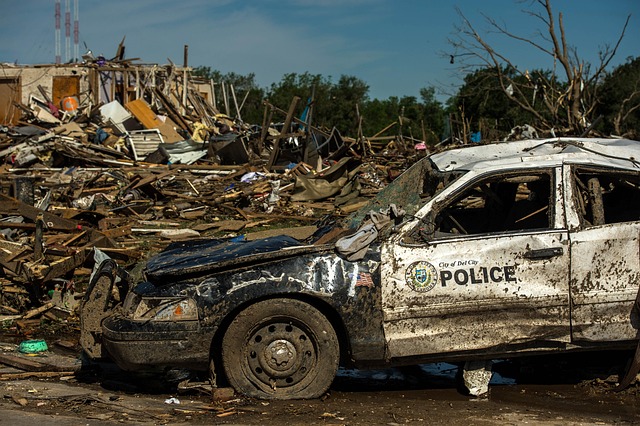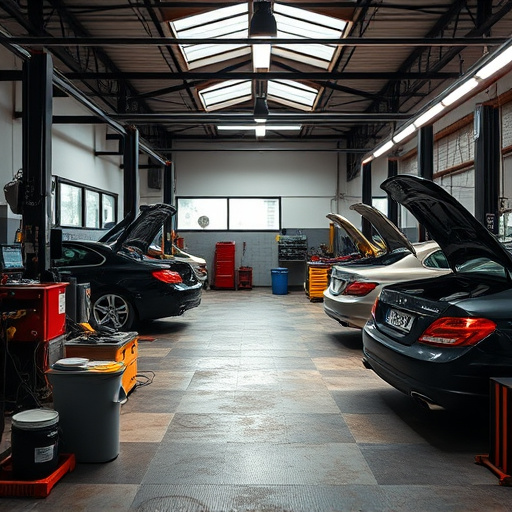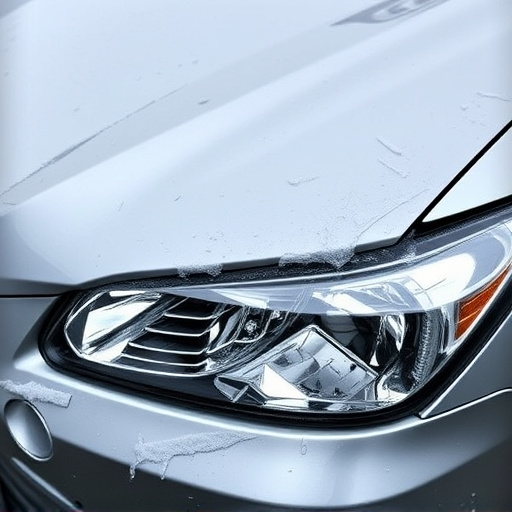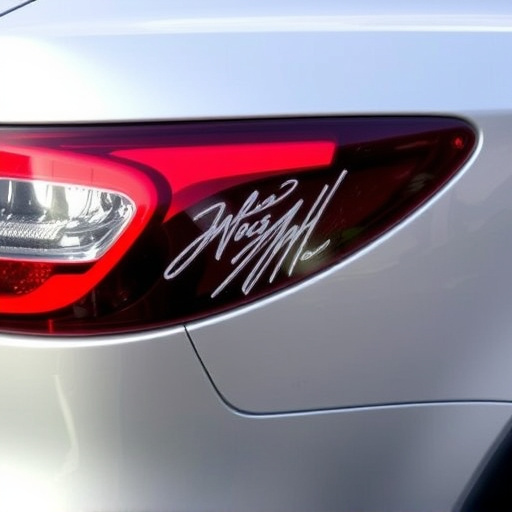Hybrid vehicle collision repair is a specialized field due to the complex interplay of electric motors, internal combustion engines, and intricate electrical systems. Reputable collision repair centers invest in advanced training programs and modern equipment to ensure accurate assessments and safe repairs, preserving the performance, efficiency, and safety standards of these cutting-edge vehicles. Properly trained technicians are vital for handling hybrid vehicle repairs effectively while maintaining their eco-friendly credentials.
In today’s automotive landscape, hybrid vehicles are no longer a niche concern but an essential segment of the market. As their numbers grow, so does the need for specialized hybrid vehicle collision repair. This article delves into the unique challenges posed by these complex machines, highlighting the critical role technicians play in their repair. We explore why understanding hybrid dynamics, acquiring specific skills, and adopting sustainable practices are paramount to meet the demands of this evolving industry. Effective hybrid collision repair ensures safety, efficiency, and environmental sustainability.
- Understanding Hybrid Vehicle Dynamics: Unique Challenges for Technicians
- – Explaining hybrid vehicle technology and its distinction from conventional cars
- – Highlighting the complex electrical systems and unique safety features in hybrids
Understanding Hybrid Vehicle Dynamics: Unique Challenges for Technicians

Hybrid vehicles have revolutionized the automotive industry with their advanced technology and eco-friendly capabilities. However, this innovation presents unique challenges for technicians engaged in collision repair. Unlike conventional vehicles, hybrid cars incorporate complex electrical systems, battery packs, and regenerative braking mechanisms that play a critical role in their operation. When these components are damaged during a collision, specialized knowledge and tools are required to safely and effectively fix them.
Technicians working on hybrid vehicle collision repair must be adept at diagnosing and addressing issues with both mechanical and electrical systems. The integration of these two domains requires a nuanced understanding of how they interact and influence each other. Moreover, hybrid vehicles often have sensitive components that necessitate precise handling and specialized techniques to avoid further damage or malfunction. This heightened level of complexity demands that automotive body shops invest in advanced training programs and up-to-date equipment to cater to the unique needs of hybrid vehicle repair.
– Explaining hybrid vehicle technology and its distinction from conventional cars

Hybrid vehicles, a significant departure from conventional cars, combine the power of both electric motors and internal combustion engines to drive the vehicle. This innovative technology offers numerous environmental benefits by reducing emissions and improving fuel efficiency. However, this unique setup presents distinct challenges for technicians involved in collision repair. Unlike traditional cars, hybrid vehicles have specialized components and complex electrical systems that require a higher level of expertise to handle effectively.
When a hybrid vehicle is involved in a collision, the focus shifts from repairing just the visible bodywork (as in car collision repair) to ensuring the intricate interaction between its electric and mechanical parts functions flawlessly. A reputable collision repair center equipped with specialized tools and trained technicians is essential for accurate diagnosis and safe restoration of these vehicles to their pre-accident condition.
– Highlighting the complex electrical systems and unique safety features in hybrids

Hybrid vehicles are a far cry from their conventional counterparts, boasting complex electrical systems and cutting-edge safety features designed to optimize performance and efficiency. These advanced systems include electric motors, high-voltage batteries, and sophisticated sensor networks that work in harmony to enhance fuel economy and reduce emissions. When these vehicles are involved in collisions, the repair process becomes significantly more intricate than traditional car bodywork services.
Technicians engaged in hybrid vehicle collision repair must possess a deep understanding of these integrated systems to ensure safe and effective repairs. A minor miscalculation could disrupt the delicate balance of the vehicle’s electrical architecture or compromise critical safety features. Therefore, specialized training and expertise are essential to accurately diagnose and fix damage, ensuring that restored hybrids function seamlessly, without compromising their eco-friendly credentials or safety standards.
Hybrid vehicle collision repair is a specialized skill set that every technician must master in today’s automotive landscape. As hybrid vehicles continue to gain popularity, understanding their unique dynamics becomes essential. The complex electrical systems and safety features present new challenges for repairs, requiring technicians to stay updated with the latest technology. Investing time in learning hybrid vehicle collision repair ensures safer, more efficient repairs, ultimately benefiting both technicians and customers alike.
